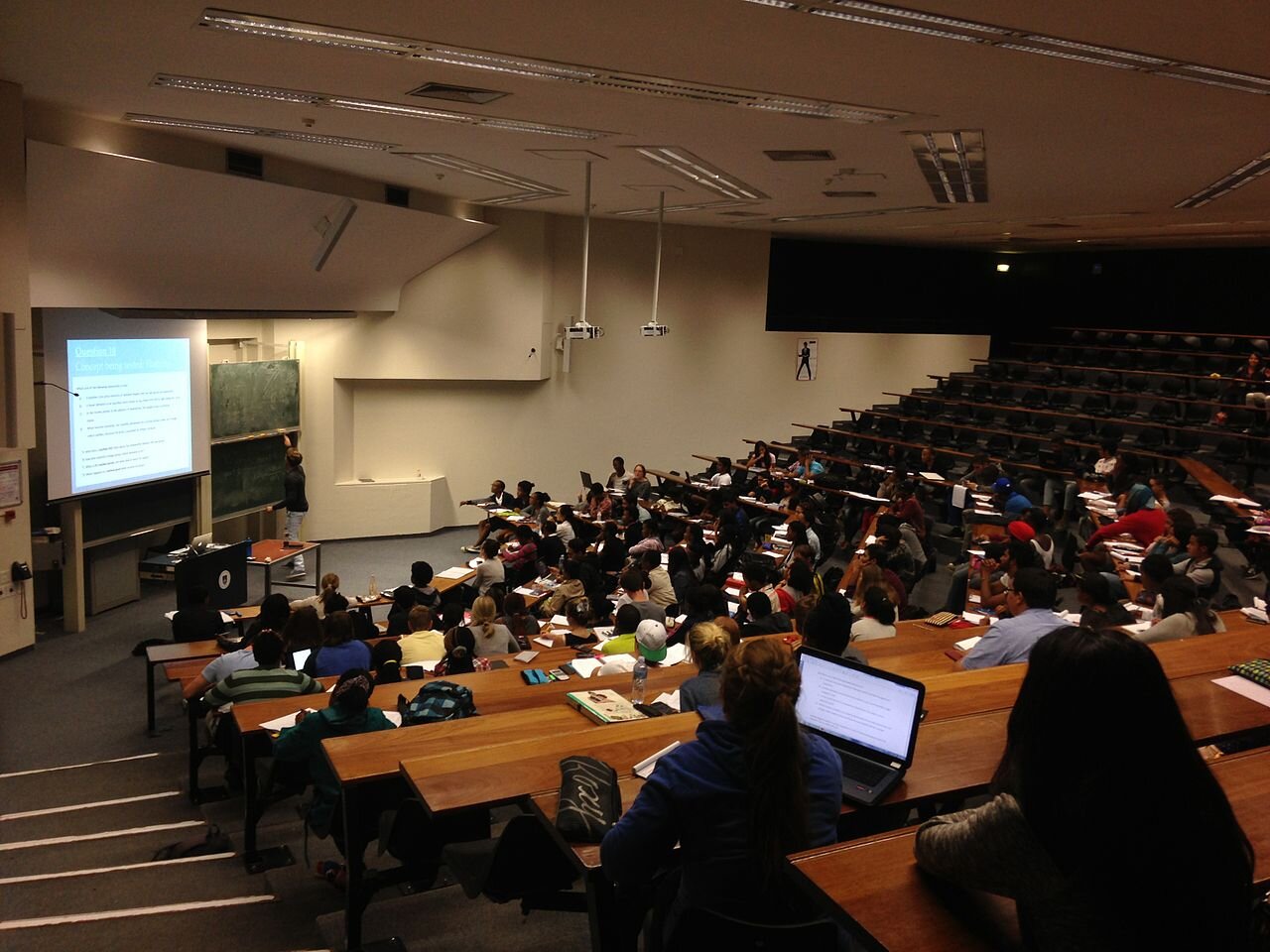
EXPERT REACTION: Māori and Pacific academics paid and promoted less
New research finds a substantial pay gap and significantly lower chance of promotion for Māori and Pacific academics in New Zealand universities compared to their other colleagues. Māori and Pacific women are the most impacted, with a $7,700 pay gap and 65% less likely to be promoted to associate professor or professor. The research found the differences could not be explained by other factors such as research performance, age, or field - and remained over time, particularly for women.
Journal/conference: MAI Journal
Organisation/s: Te Pūnaha Matatini, University of Otago, University of Auckland, Victoria University of Wellington
Attachments:
Note: Not all attachments are visible to the general public
News for:
New Zealand
Media contact details for this story are only visible to registered journalists.


Expert Reaction
These comments have been collated by the Science Media Centre to provide a variety of expert perspectives on this issue. Feel free to use these quotes in your stories. Views expressed are the personal opinions of the experts named. They do not represent the views of the SMC or any other organisation unless specifically stated.
Professor Edwina Pio, Professor of Diversity & University Director of Diversity, Auckland University of Technology